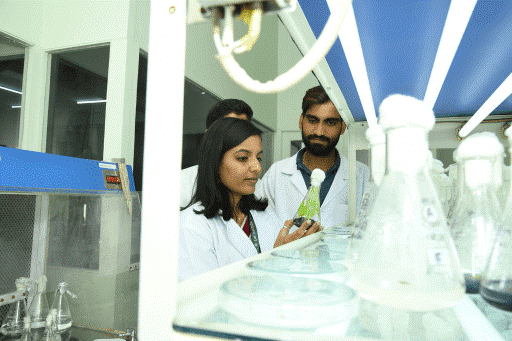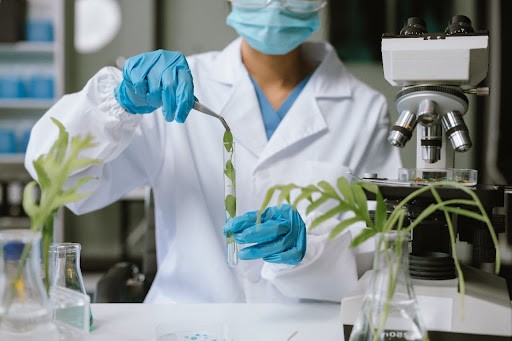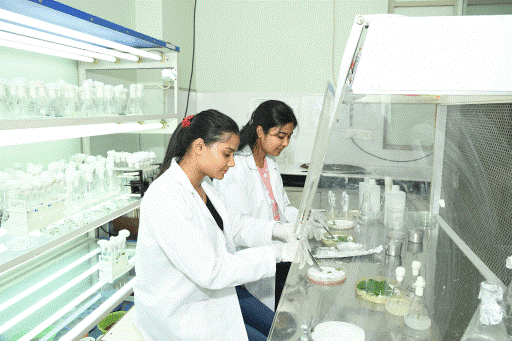Dr. B. Lal Institute of Biotechnology is committed to promoting research and development and expanding the spheres of biotechnology for the benefit of society. As part of this commitment, the institution offers consultancy services to a wide range of clients, including industries, government, non-government organizations, community, and the general public. These consultancy services provide an opportunity for the institution to generate resources and for clients to benefit from the expertise available at the institution.


The institution has an official policy for structured consultancy, which ensures that clients receive the highest quality service and that the institution's resources are used effectively. This policy includes guidelines for proposal submission, contract negotiation, and project management, as well as a process for resolving disputes or issues that may arise during the consultancy process.
The consultancy services offered by the institution can be in the form of providing expert advice, conducting research, providing training or laboratory services, or a combination of these services. The institution's consultancy services are tailored to meet the specific needs of each client, and the institution is committed to delivering high-quality services that are delivered on time and within budget.


Overall, the consultancy services offered by Dr. B. Lal Institute of Biotechnology are an important aspect of the institution's commitment to promoting research and development and expanding the spheres of biotechnology for the benefit of society. The institution's structured consultancy policy ensures that clients receive the highest quality services and that the institution's resources are used effectively to achieve mutual benefits.
A Platform for Contract Research